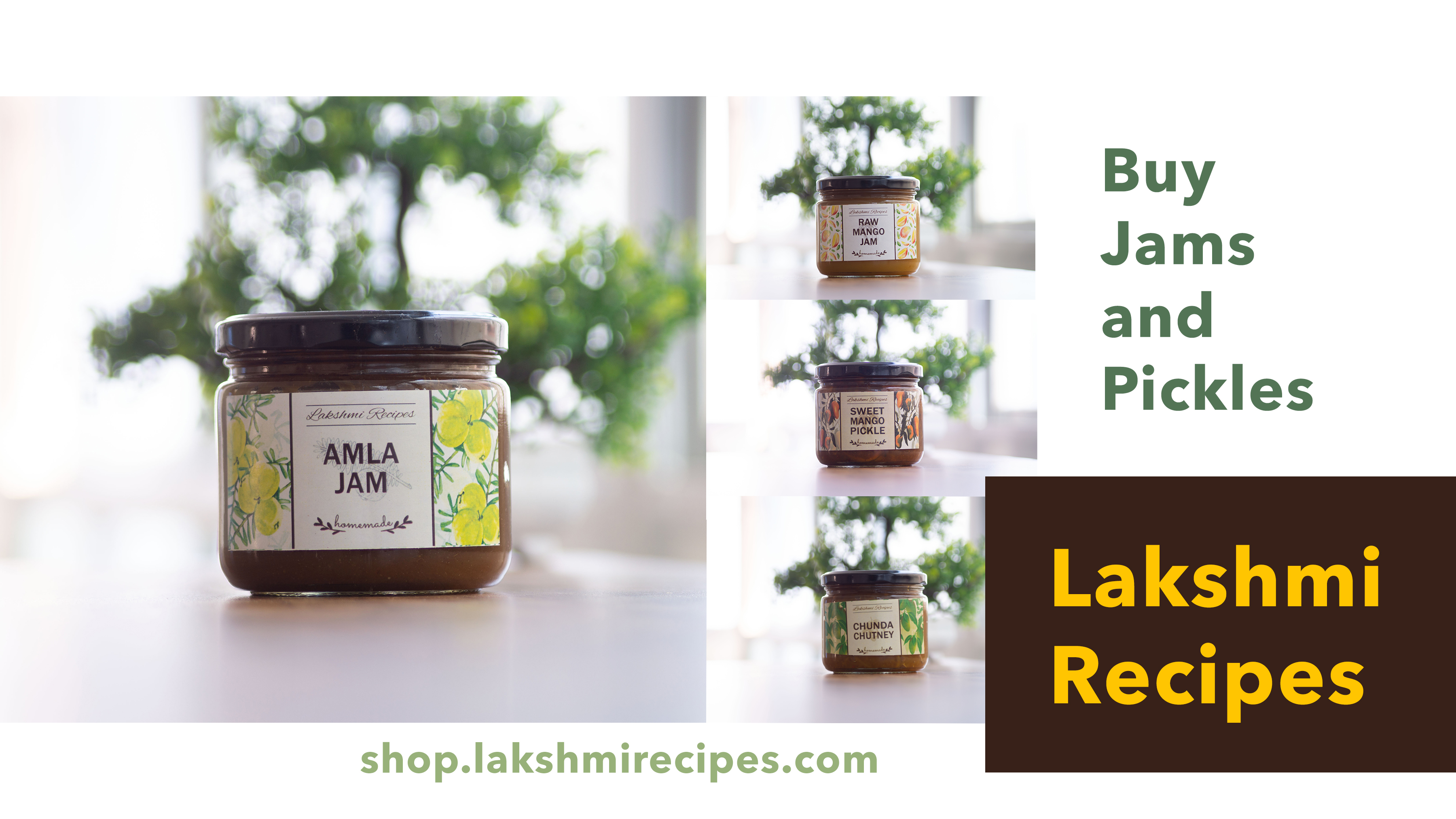
The sweet little squeaky noises, the trampling of toys under soft feet says it all. How divine it feels to be a parent, to give life to the new one. It is indeed magical and all the more when it is your first!
For initial few months, life goes at a monotonous speed, with you getting up at wee-hours for breastfeeding, changing the diapers, body massage or the super-scary bathing routine of the new-born.
But what surpasses all these is when you have to begin the most important task of starting the baby food that acts as a building block as he/ she grows up.
Although, the happiness of being first time parents is immense, the super-exhaustion that comes handy can be troubling at times. At the onset, it may feel like a pie in the sky to rear a baby but you’re not alone in this uphill battle.
There are so many more new mothers and parents that are dealing with the same and might be going through exactly the same phase as yours’. So, there’s nothing to panic about.
Just have faith in your new journey and know that you and your partner are doing it right and with sheer dedication and determination this phase too shall pass, just the way you both went through pregnancy, labour and childbirth to this juncture!
Baby Food
So, like I said earlier, for any parent, a real milestone comes when their babies start their solid intake. This usually occurs after 4 to 6 months, however, it all depends on the baby and his/ her overall development. Well, if you are new mothers, I’m sure you might have gone through several articles to familiarize yourself with the way baby’s food habits change.
So, here we are to assist you more in your quest of baby food and how one can go about it:-
Single-grain cereals ( 4 to 6 months)
Now, single grain cereals are the best way of introducing food to your babies. This ideally includes wheat, barley or oats and are different from multigrain or whole-grain. You can use baby oatmeal in the beginning as they are one of the safest foods for most babies. The single-grain cereals can be mixed with breastmilk, water or baby formula.
Pureed Food (6 to 8 months)
Once the baby starts having single-grain cereal, you can switch to pureed food after 6 months. This can include peas, bananas, apples, sweet potato puree and a whole other set of “light on stomach purees”.
For the preparation, you first need to wash off all the veggies and fruits and go on with its steaming or boiling. One can even go for baking and use a blender or some other equipment to make the puree. It is advisable to keep the food a bit watery at the beginning till the time the baby gets accustomed to solid intake.
Mashed Food ( 8 to 10 months)
Now, mashed food includes somewhat similar fruits, vegetables as the previous stage, except that the items are not pureed. At this juncture, you can even introduce scrambled eggs to the baby. For mashed food, you can cook whatever veggie or fruit your baby likes till the time the veggies are soft or you can even go on mashing certain already soft items like bananas or apples. You can start giving other products such as small pieces of cheese and crackers to the baby.
In doing all this, one must keep in mind the size of the mashed food. Therefore, it is recommended to keep it as small as possible so that the baby doesn’t get choked.
Solids ( 10-12 months)
As the baby reaches between 10 to 12 months, most of them get ready for solid intakes. This is because at this time, babies develop teeth and learn to chew food properly. However, you need to keep in mind that these are still not fully developed that they can gobble up large chunks and hence, the food must be cut up to small sizes.
Now, you can serve your baby rice, lentils and other digestible food. It is also advisable to avoid giving honey or cow’s milk to them as they can develop serious illnesses such as Infant Botulism.
Thus, you can slowly and gradually keep on adding food to your babies taste while being conscious of their digestive habits and look out for any digestive allergies.
The Health Benefits!
Having a toddler is the greatest of joy but it is even more joyful to see them hail and hearty and growing happily in their surroundings. With happiness comes responsibilities and this every parent understands quite naturally.
One of the biggest responsibilities that one has is to see the overall health of the baby and whether the food they are consuming actually has some health benefits for them.
Well, here we are to help you in a quick check to your concern:-
Studies have shown that single-grain food items lead to sufficient amounts of iron required for the healthy development of the baby. Since, breastmilk doesn’t give the necessary amount of this nutrient, hence, having oatmeal, wheat or barley suffices the purpose.
It also contains several amounts of fiber, magnesium and zinc that are required by the babies. All these foods are light on their stomach and thus, removes the possibility of constipation.
Pureed or mashed food items help the baby to digest the food easily and hence, the stool passes effectively. This in turn again leads to the aforesaid benefits, which is a good bowel movement of the baby which is an important part for any child’s healthy development.
Since, all these foods are home-made, they prevent the flow of chemicals in the baby’s body, which otherwise would have been there in the manufactured baby food. This “making-at-home” also helps the parent to decide what food to feed them and thus, the baby gets to eat different types of foods and their palate experience expands.
Thus, what the baby eats and how his/her body responds to the food steals the show. Of course, it is hard initially to determine exactly what to be fed and in how much quantity but as time goes by, the everyday experience will help you out in your decision of feeding and the choice of food required by the little one’s body.
The Closure!
Babies are a blessing from above and this mere feeling may knock you off of your composure when you realise that their development comes through proper eating and this comes through You and Your Choices.
But hold on!
There‘s nothing to worry about and as you move forward in your child rearing days, you’d realise this and would definitely make more informed choices in the future and have a healthy child growing at your place!

































SHARE YOUR FEEDBACK